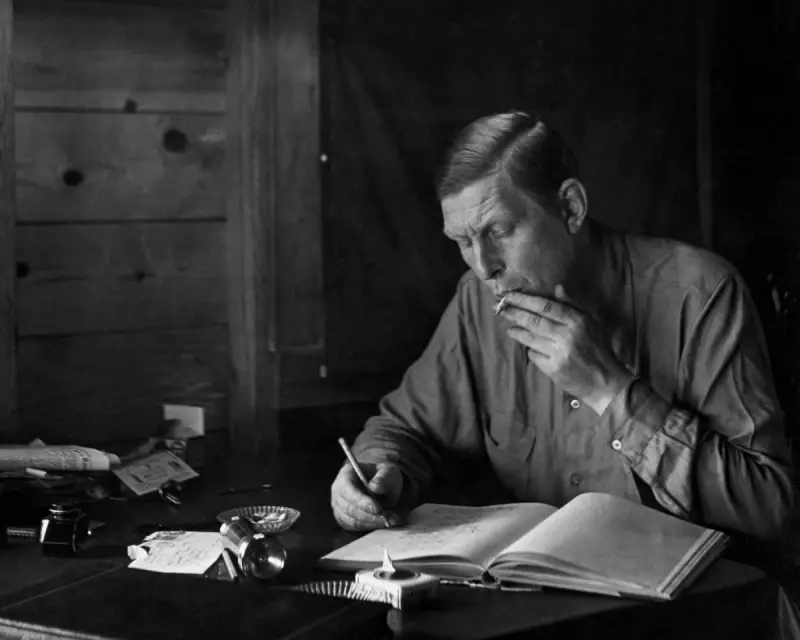
In an astonishing literary discovery that reads like one of his own poems, long-lost letters from celebrated poet W.H. Auden to the man who burgled his Oxford home have surfaced, revealing an extraordinary tale of forgiveness and unexpected friendship.
The Night That Started It All
The unlikely relationship began in 1971 when Michael Feaver, then a 24-year-old student, broke into Auden's Christ Church college rooms. Rather than pressing charges, the 64-year-old poet responded with remarkable compassion, inviting his burglar to meet him the following day.
"What I find so extraordinary is that Auden didn't call the police," says Dr. Hannah Sullivan, who is studying the correspondence. "Instead, he saw something in this young man that prompted understanding rather than anger."
An Unlikely Correspondence Blooms
The newly revealed letters, written between 1971 and 1973, show how their relationship evolved from that initial confrontation into a genuine friendship. Auden offered Feaver advice, shared meals, and even helped him financially during difficult times.
In one poignant letter, Auden writes: "We are all broken in different ways. The important thing is to help each other mend."
A Window Into Auden's Later Years
The correspondence provides fascinating insights into the poet's final years, showing his enduring generosity and unique perspective on human frailty. The letters reveal:
- Auden's philosophical approach to the burglary as "an opportunity for grace"
- His ongoing mentorship of Feaver through personal struggles
- The poet's reflections on forgiveness and redemption
- Details of their occasional meetings in Oxford pubs
A Literary Treasure Rediscovered
The letters remained with Feaver's family for decades before being brought to academic attention. They're now being studied as both a significant literary find and a powerful human story that challenges conventional responses to crime.
"This changes how we see the later Auden," notes Sullivan. "Here was one of the century's greatest minds choosing compassion over punishment, connection over retribution. It's a lesson that feels particularly relevant today."
The discovery adds another layer to Auden's legacy, showing that his understanding of the human condition extended beyond his poetry into his daily life.





